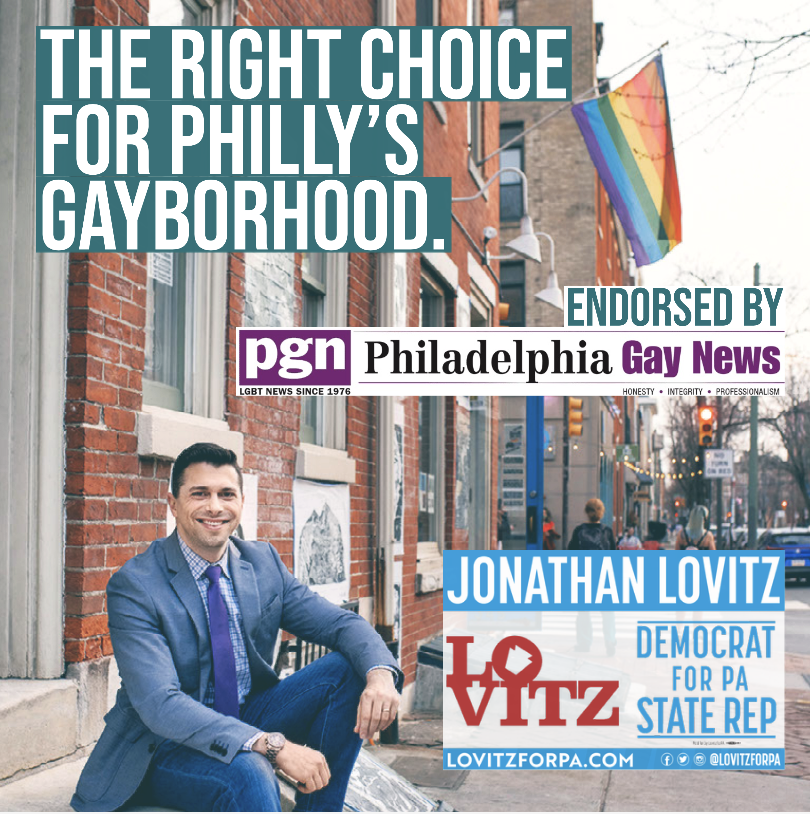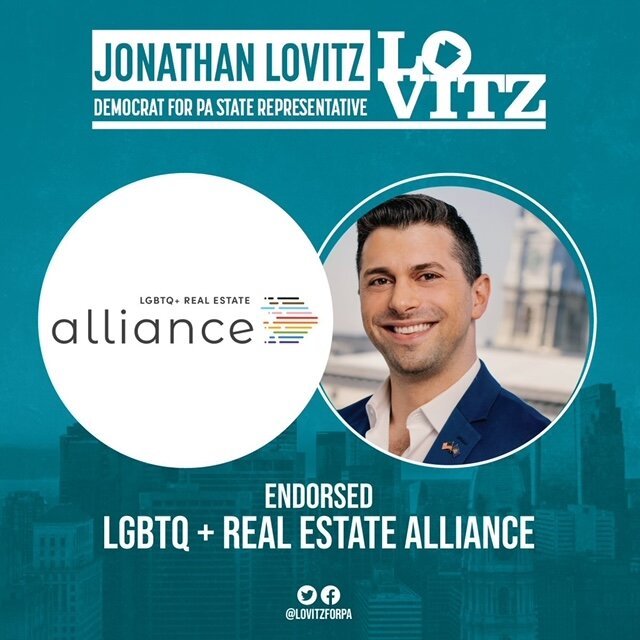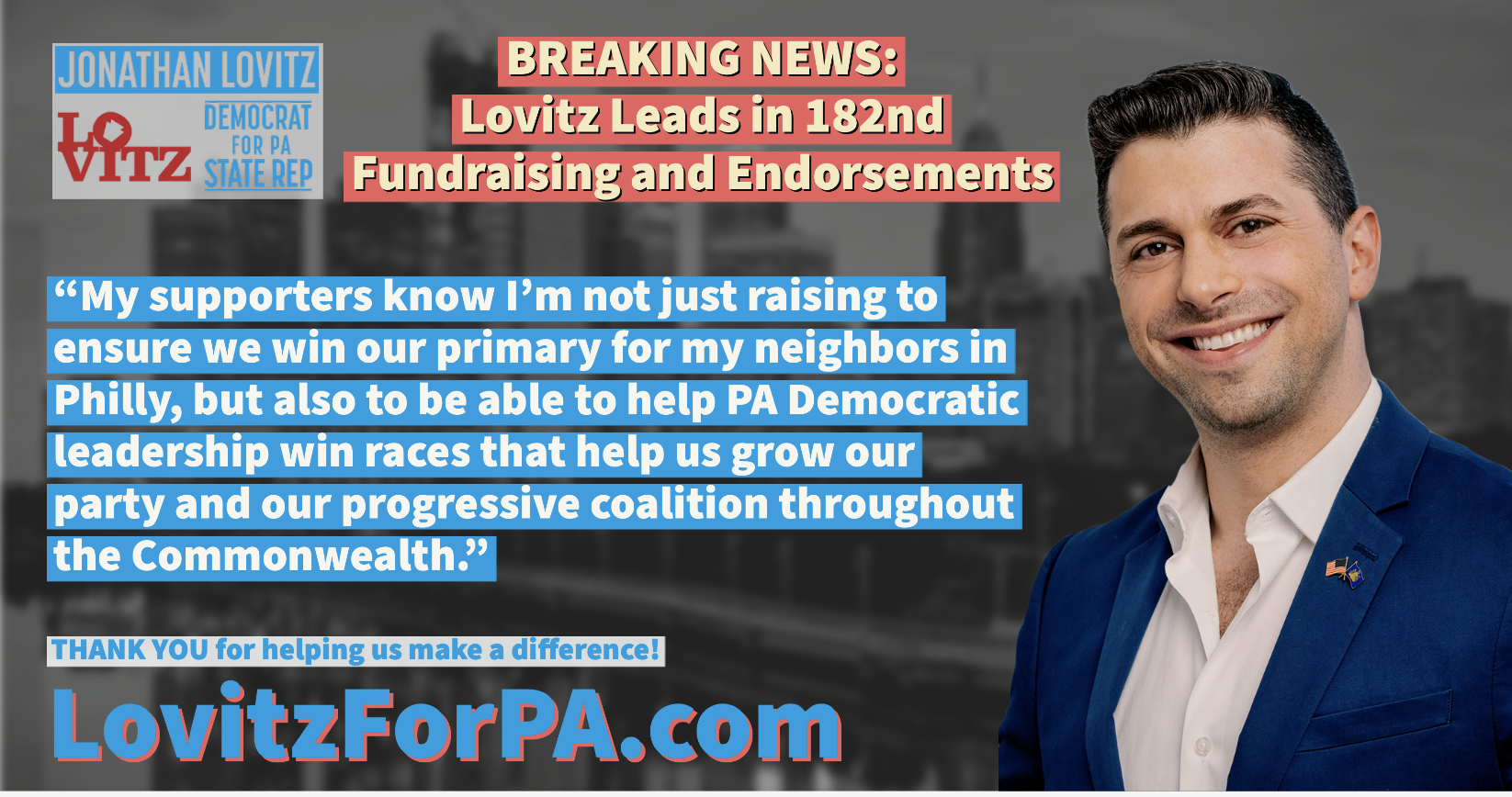Philly activists cheer LGBT workplace bias ruling, look ahead to full equality
Source: KYW Newsradio
By Cherri Gregg | June 15, 2020
PHILADELPHIA (KYW Newsradio) — The U.S. Supreme Court ruled Monday that the Civil Rights Act of 1964 protects people who are lesbian, gay, bisexual and transgender from discrimination in the workplace. Philadelphia activists engaged in the wider LGBT rights movement say it’s a significant moment — and there’s still much more work to do before full equality is achieved.
“This ruling is going to go down in history as one of the most significant moments for LGBTQ rights in America,” Jonathan Lovitz, senior vice president of the National LGBT Chamber of Commerce, told KYW Newsradio.
The ruling means LGBT people do not have to hide their identities at work in order to avoid being fired or discriminated against.
“Up until yesterday, I could be married in 50 states in this country, put my husband’s photo on my desk in about 28 of them, and be fired that day. And that is no longer the law of the land,” Lovitz said.
Deja Lynn Alvarez, a transgender activist, was more circumspect.
“I had to double-check it and make sure that what I was seeing was real,” she
said.
When she read the high court opinion that Title VII prohibits employers from firing individuals for simply being gay or transgender, Alvarez was thrilled — but court rulings are not the same thing as real life.
“They also ruled against being able to discriminate against because of your race or ethnicity — and here we are with protests all over the nation, because people are still being discriminated against,” she noted.
Lovitz said the ruling is good news for LGBT people seeking full equality in every state, and it’s good news for the American workforce.
“LGBTQ people are now free to be out in the workplace, which is only going to help them succeed and help their employers find better talent out there,” he
said.
New Jersey amended state law against discrimination in employment, housing and public accommodations to include protections for sexual orientation, in 1991, and gender identity, in 2006. Pennsylvania has no such law.
Crossing county lines in Pennsylvania can mean the difference between LGBT people and their families having equal rights or not having equal rights, Lovitz said.
“And that doesn’t mean special rights,” he explained. “That means just a basic accommodation to live, work, have an apartment, get credit for your business — whatever it might be.”
The Supreme Court ruling now gives a new foundation to all laws pertaining to workplace protection.
“Right here in Pennsylvania, we have to reflect on the fact that we are such a diverse state and such a diverse economy, and we will not achieve our best until LGBT people in the commonwealth have the same rights as everyone else to live, work, start a family and grow a business,” Lovitz continued.
Gov. Tom Wolf said the decision was “about time,” but Pennsylvanians “still have work to do.”
New Jersey Gov. Phil Murphy also commended the high court’s decision.
“The notion that the LGBTQ+ community can stand tall and not be discriminated against is a big deal. It is a big, big deal,” he said.
“It’s fantastic,” echoed Rue Landau, executive director of the Philadelphia Commission on Human Relations. While the city has protected LGBTQ people from discrimination in employment, housing and public accommodations for decades, that hasn’t been the case rest of the country.
“It finally ends the patchwork of LGBTQ employment protections across the country,” she said. “Until now, you might be protected from being fired in Philadelphia. But if you went to 70% of even the state of Pennsylvania, you are not protected from being fired because of sexual orientation or gender identity.”
Monday’s 6-3 decision comes from a Supreme Court that is majority conservative. It was written by Justice Neil Gorsuch, who was nominated by Republican President Donald Trump to fill the seat of conservative Justice Antonin Scalia.
Lovitz said the justice system — bucking the trends of conservative pushback against the LGBT community — shows that political ideology does not determine American values. “And equality is one of the most essential American values we have.”


